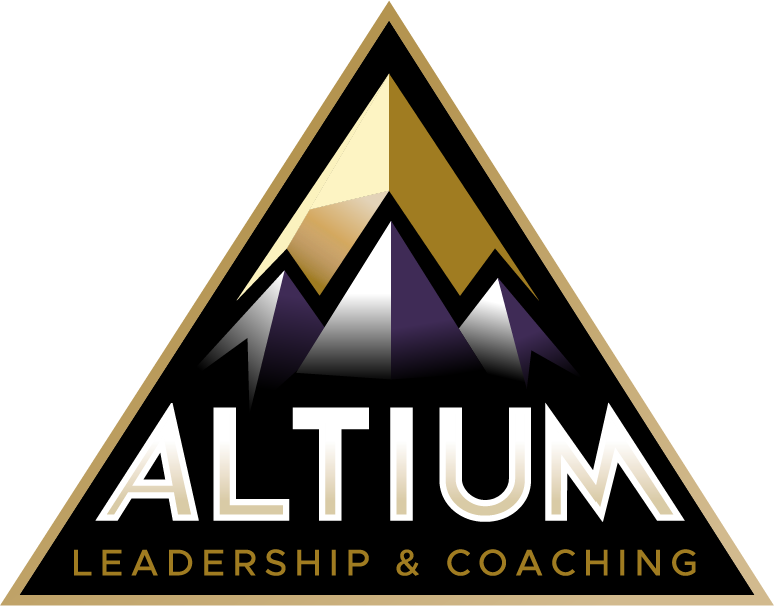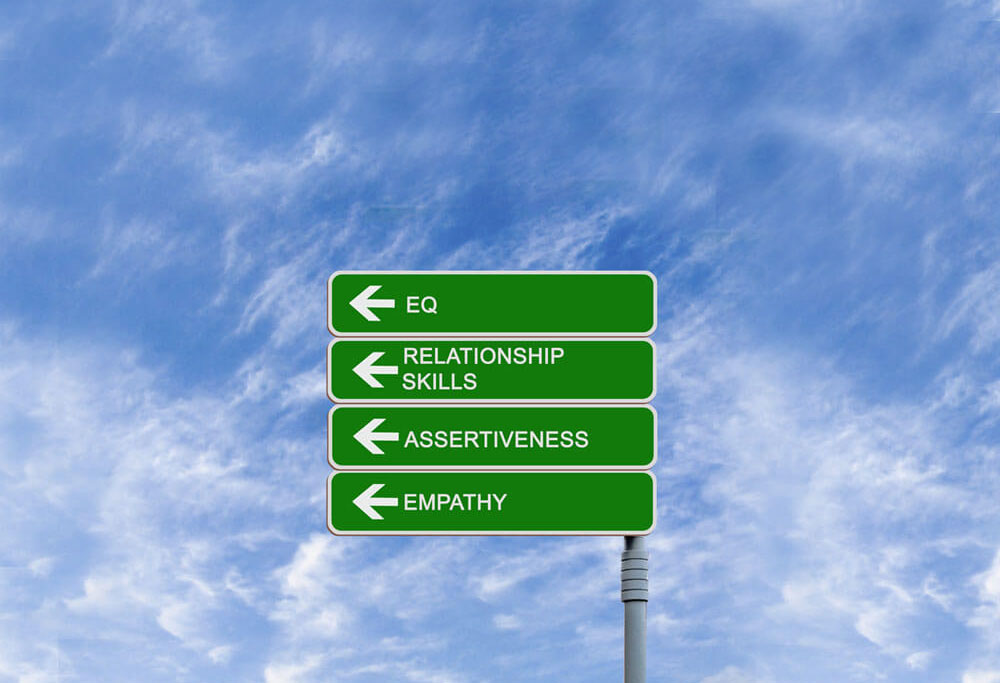In my job, I help organizations and individuals everyday to develop behaviors that will create optimum results. In my conversations with clients, the topic of emotional intelligence (EQ) comes up a great deal. Over the last decade, emotional intelligence has proven to be a commodity that leaders are looking to increase in themselves and their people. A highly simplified definition of emotional intelligence is the ability to function effectively under stress or in difficult situations. It is also an understanding or awareness of how our behaviors impact the people around us. Data shows that 90% of top performers have high EQ.
As a teacher and consultant, I have a desire and an obligation to constantly work on my behaviors. With that in mind, I decided I would take a closer look at my EQ and track my progress as I work to increase my EQ. Since I am in a profession that teaches EQ I figured this would be fairly easy. I should have known that looking closely at one’s own behavior objectively is never easy.
One of the first things I did was buy the book “Emotional Intelligence 2.0” by Travis Bradberry and Jean Greaves. In the book there is an access code to take an online assessment. I took the assessment while I was in West Yellowstone on August 5th while I was at a family reunion. I figured that a family reunion was a great place to practice emotional intelligence skills like patience. The assessment is not very long and is only accurate if you are brutally honest with yourself. Knowing that my self-assessment objectivity might be lacking, I turned to my wife for brutal honesty. Sure enough, she more than compensated for my rose colored view of myself.
The assessment gives you a score based on your answers from 0-100. The scale is as follows: 90-100 Means EQ is a strength to capitalize on; 80-89 Is a strength to build on, 70-79 With a little improvement, this could become a strength; 60-69 Something you should work on; 59 and Below A concern you must address. The score assesses four areas which I will discuss later. My average score was 69. I was somewhat surprised by the low number. Needless to say, my response was less than emotionally intelligent.
Kidding aside, I feel that the score reflected my EQ levels of the not too distant past. I found it interesting that my wife encouraged me to score myself based on how I perceive I used to be. So once I recognized that, I rationalized (through rose colored glasses) that I probably was higher than a 69…more like a 70. Anyway, the cool thing about the assessment is that it gives you strategies that are customized for you to help you bring your EQ score up.
It is good to have someone who can give you objective and honest feedback. Be honest with yourself and receive feedback and you will make great progress in becoming more emotionally intelligent. This has been a tremendous help to me over the years as I have worked to raise my EQ and it will work for you too.
The Author, Spencer Horn, is the president of Altium Leadership
Related articles: What Set’s You Off; SharpenYour Emotional Intelligence By Observing Others; The Cure For The CEO Disease; The Problem With Pressure; Leadership Is About Impact, Not Intention; How To Improve Your Leadership Under Pressure; What Is Innattentional Blindness Costing You?; When Being Too Smart Hurts You

